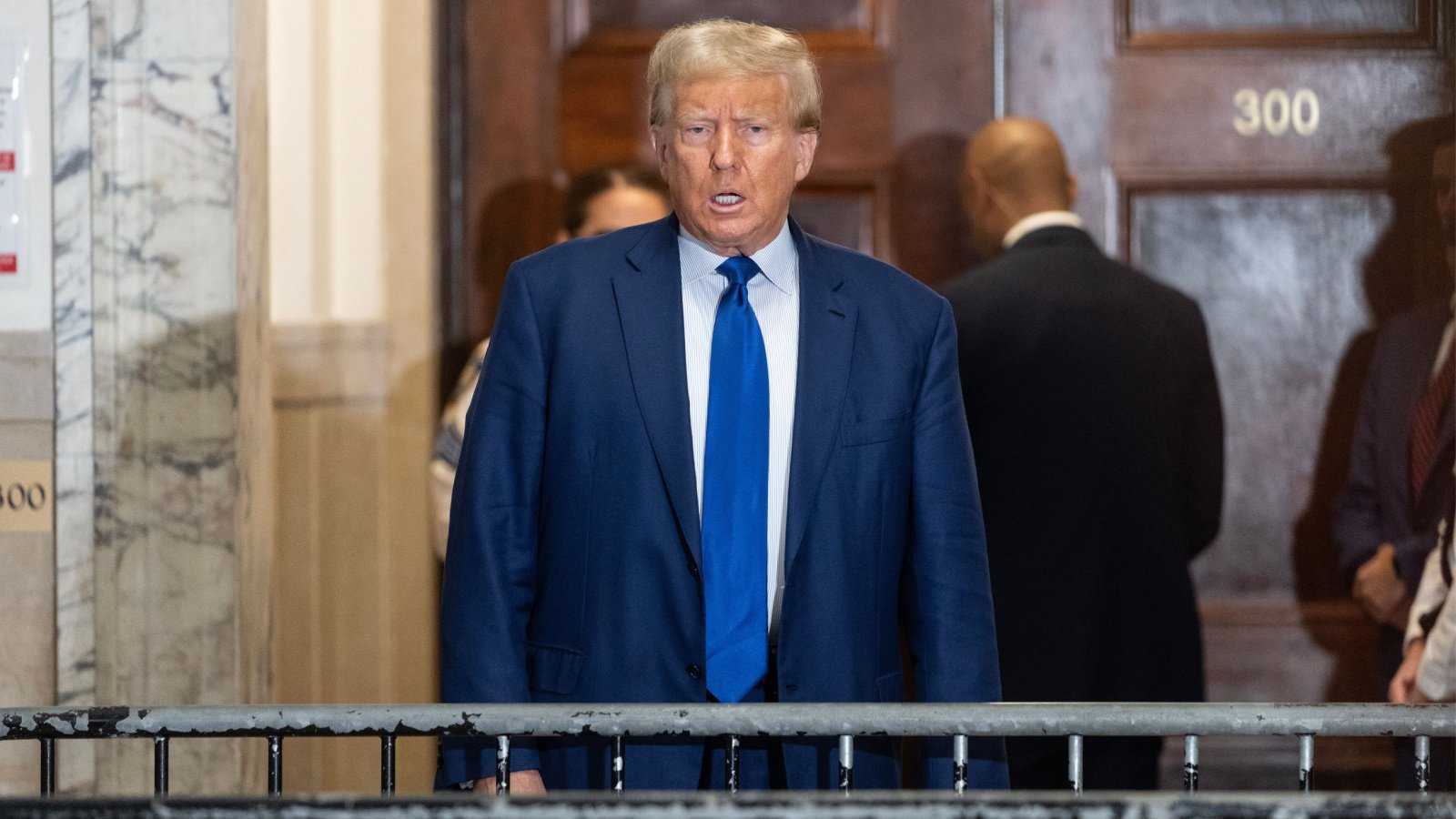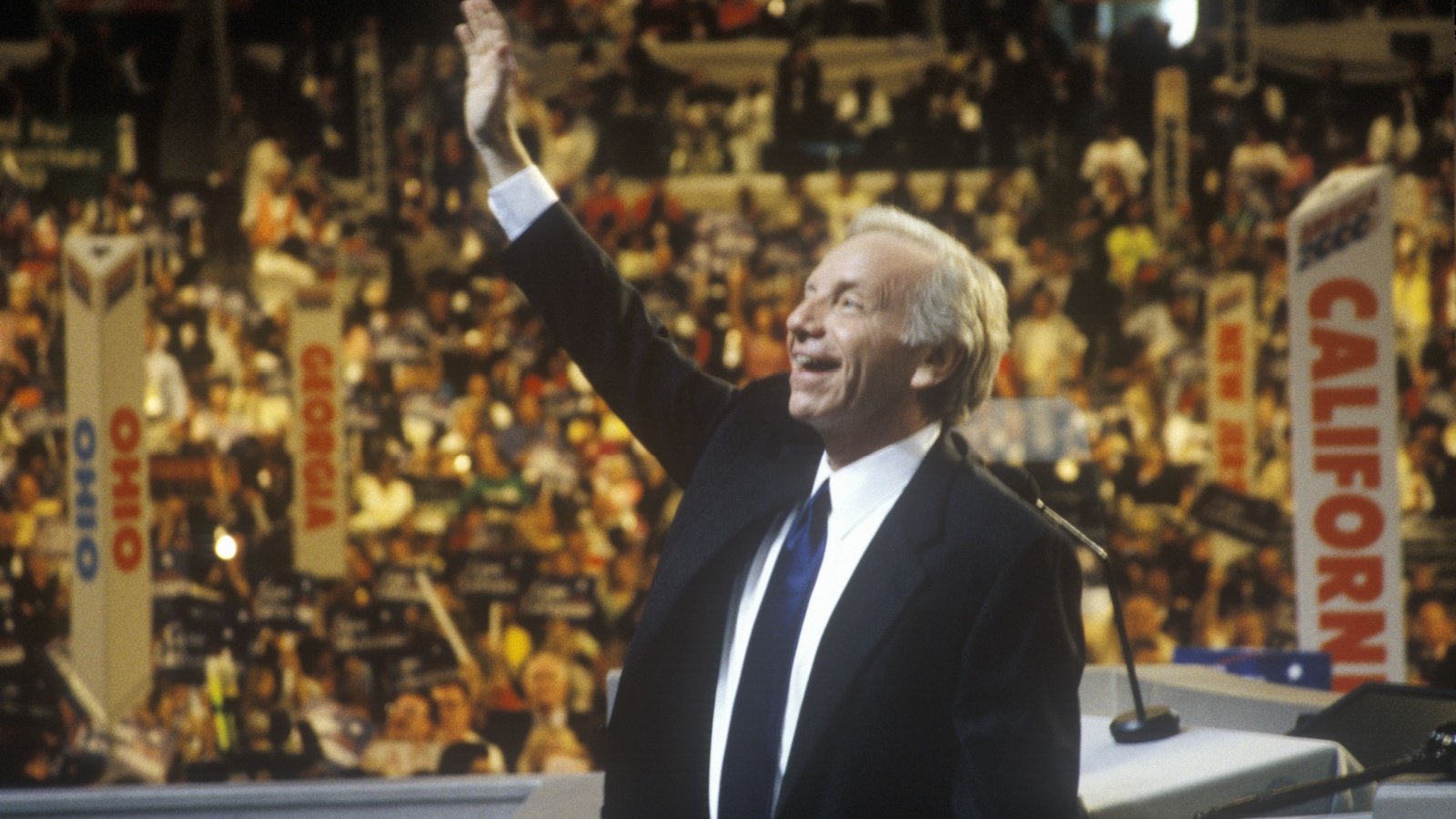Former President Donald Trump’s legal team in Georgia is asserting that the First Amendment shields their client from the charges levied against him. This argument unfolded during a hearing dedicated to pretrial motions in a case that accuses Trump of interfering with Georgia’s election process.
Pretrial Hearing Details

The pretrial hearing, overseen by Fulton County Superior Court Judge Scott McAfee, delved into various legal arguments related to the case against Trump and co-defendant David Shafer. The defense’s main argument revolved around the premise that the charges attempt to penalize protected political speech.
Defense’s Argument on Political Speech
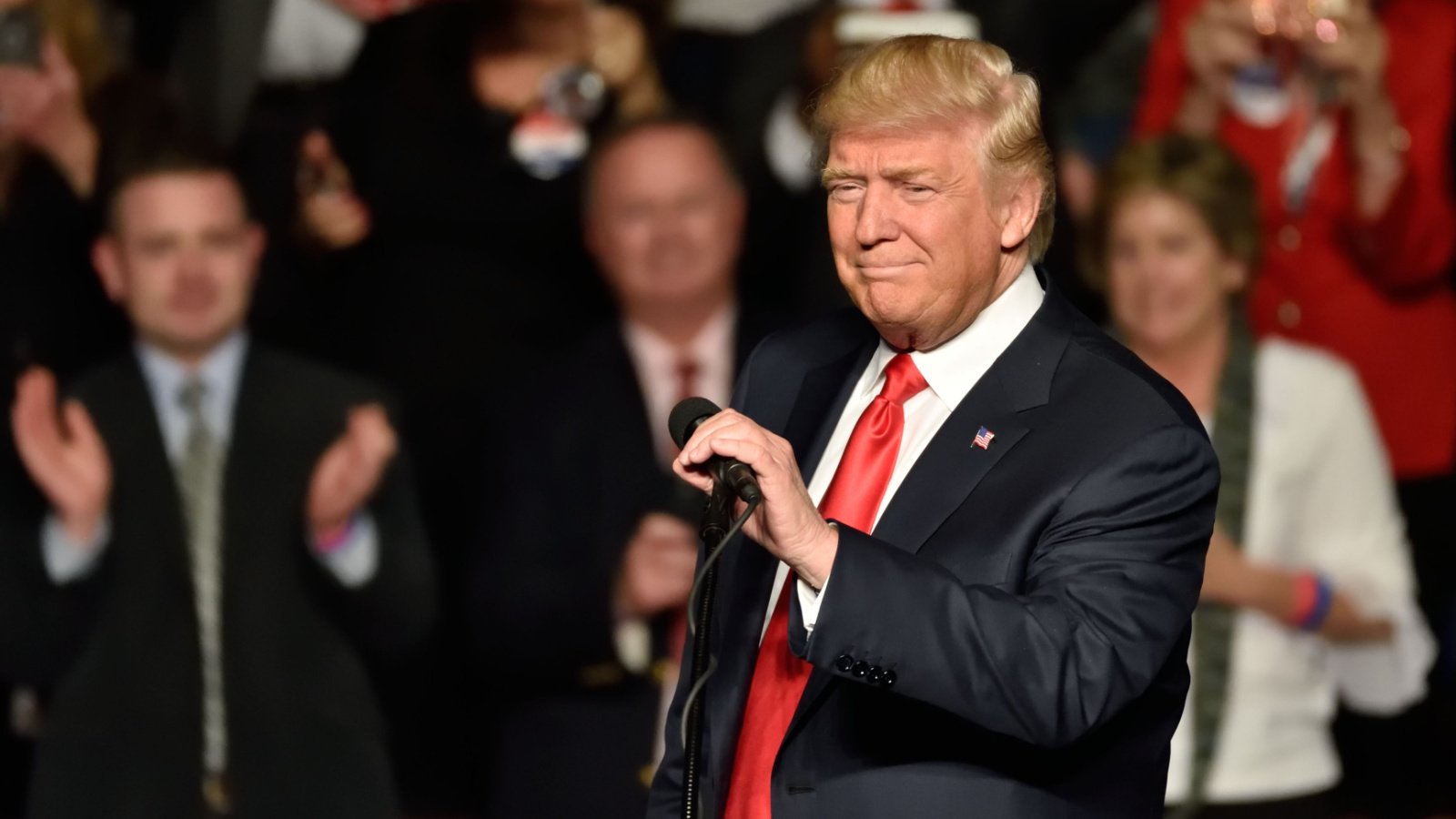
Trump’s primary attorney, Steve Sadow, emphasized that the accusations against the former president unjustly target expressions of political dissent. Sadow argued that a president’s expressions of concern regarding election results epitomize political speech, meriting protection even if proven incorrect.
Prosecution’s Counterargument
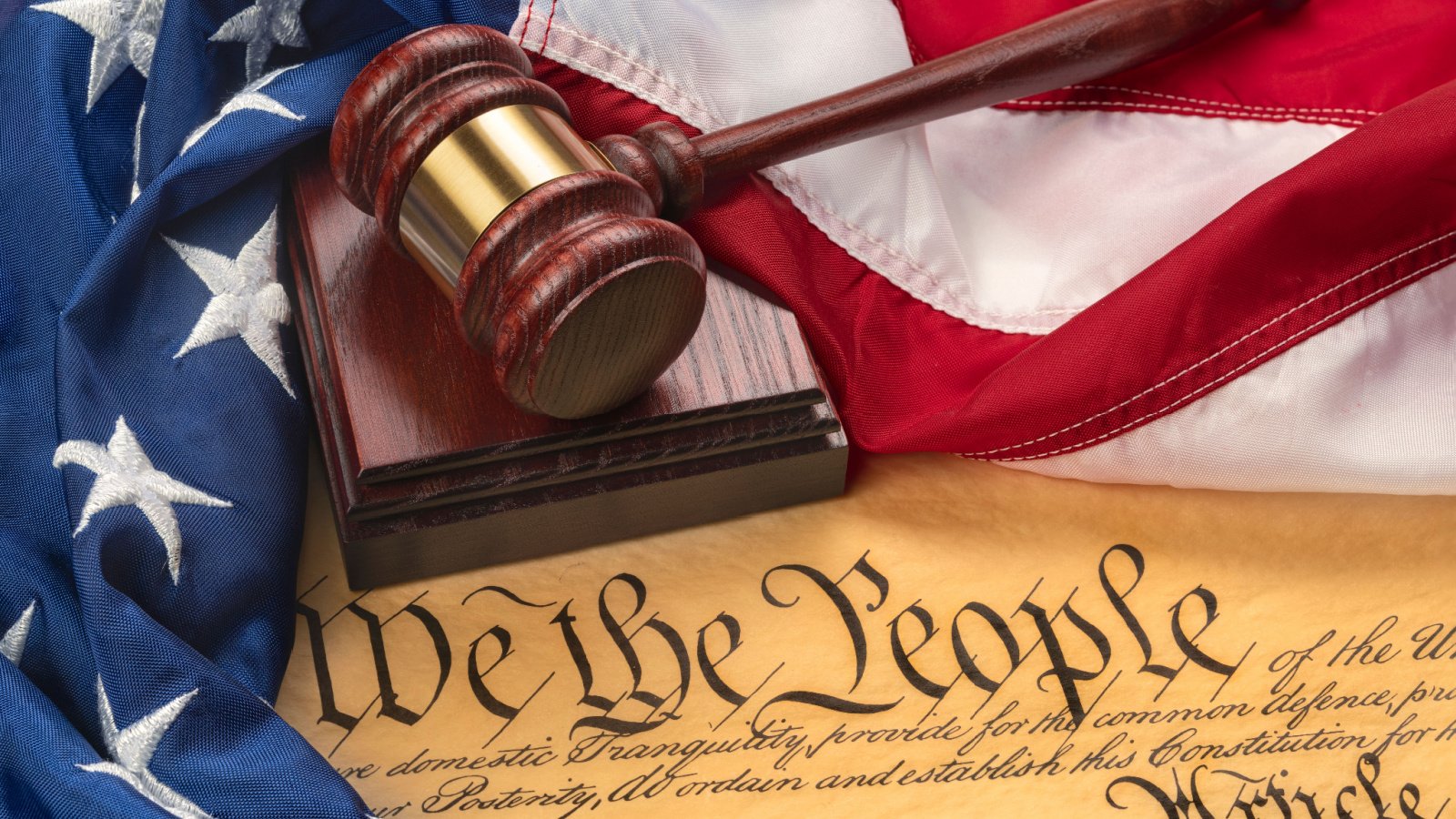
In contrast, prosecutor Donald Wakeford argued that Trump’s statements, which are central to the charges, fall outside of First Amendment protection. According to Wakeford, these statements are implicated in alleged criminal activities, thereby not qualifying for constitutional protection.
The Essence of the Legal Battle
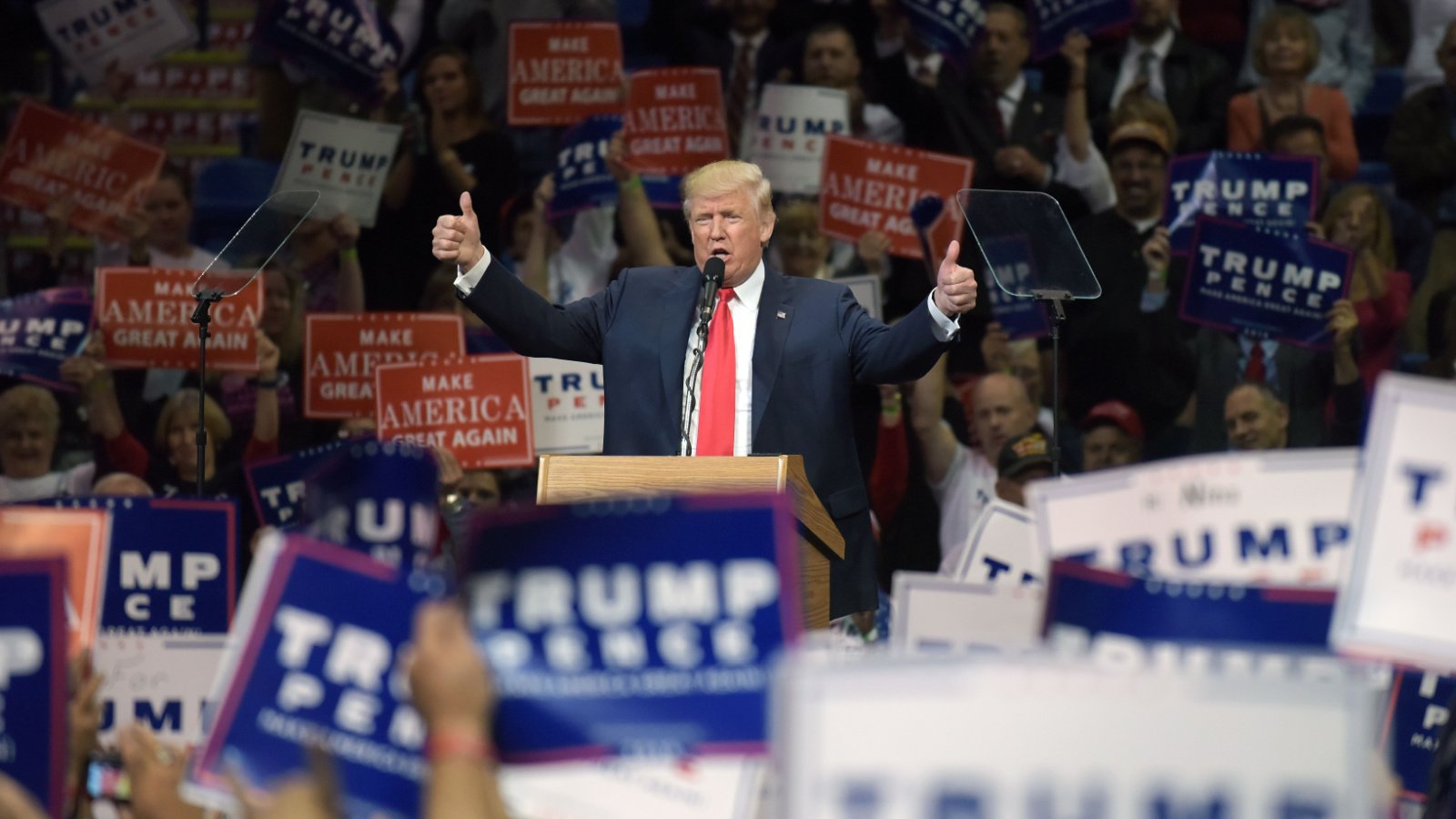
The heart of the legal contention lies in whether Trump’s actions and statements, in the context of the 2020 election results, constitute protected political speech or if they cross the line into criminal conduct. Wakeford pointed to precedents where similar defenses were rejected, underlining that speech used as an instrument of crime is not shielded by the First Amendment.
Charges Under Georgia’s RICO Statute

Trump, along with 18 others, faces charges under Georgia’s Racketeer Influenced and Corrupt Organizations law. This broad statute accuses them of participating in a conspiracy to overturn the election results in Georgia, highlighting the gravity of the case.
Specific Allegations Against Shafer
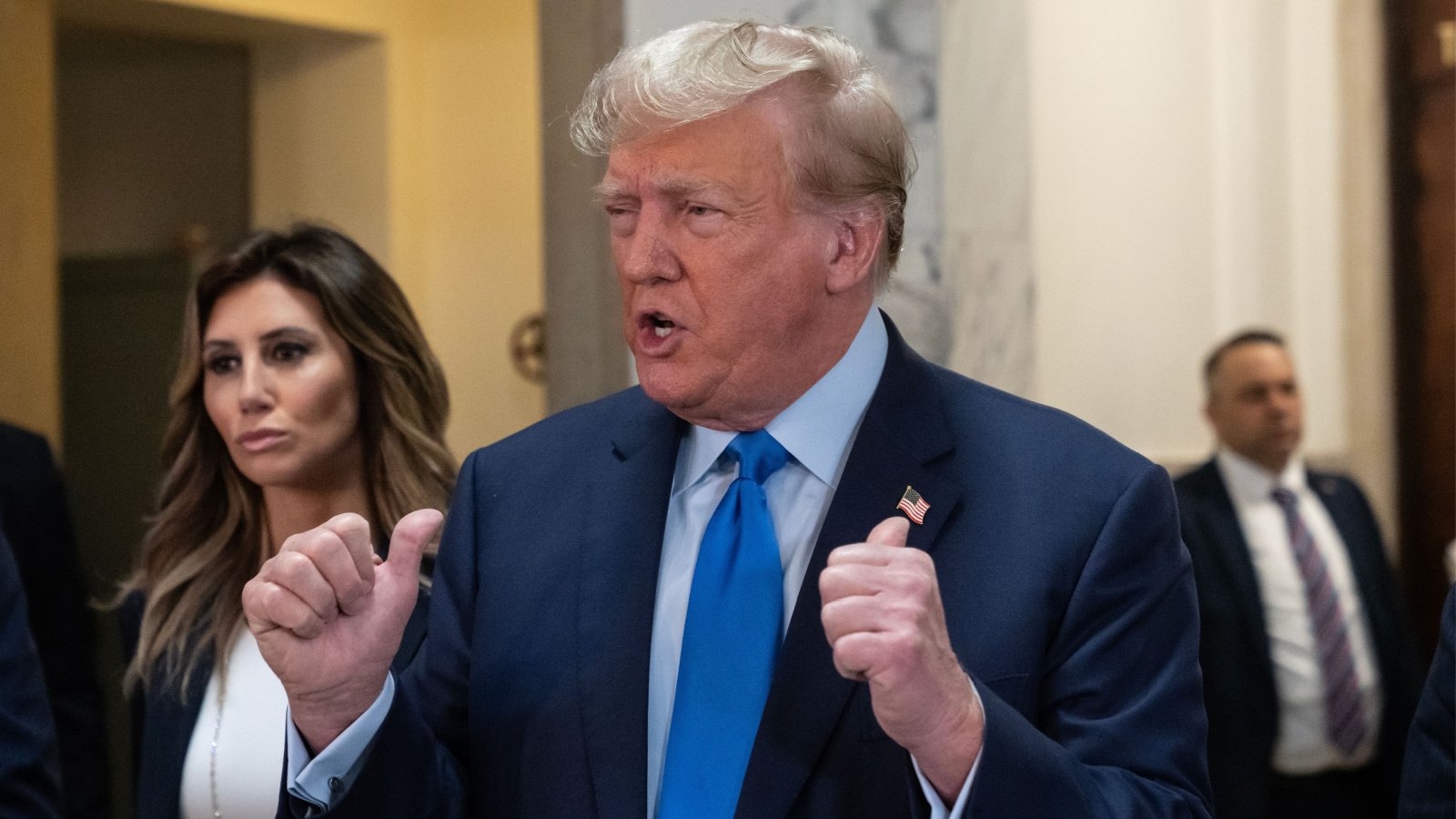
Shafer, facing charges alongside Trump, is accused of involvement in activities related to the Electoral College that prosecutors deem illegal. His legal team has argued these actions were lawful and in compliance with the Electoral Count Act, challenging the prosecution’s narrative.
Legal Defense Arguments
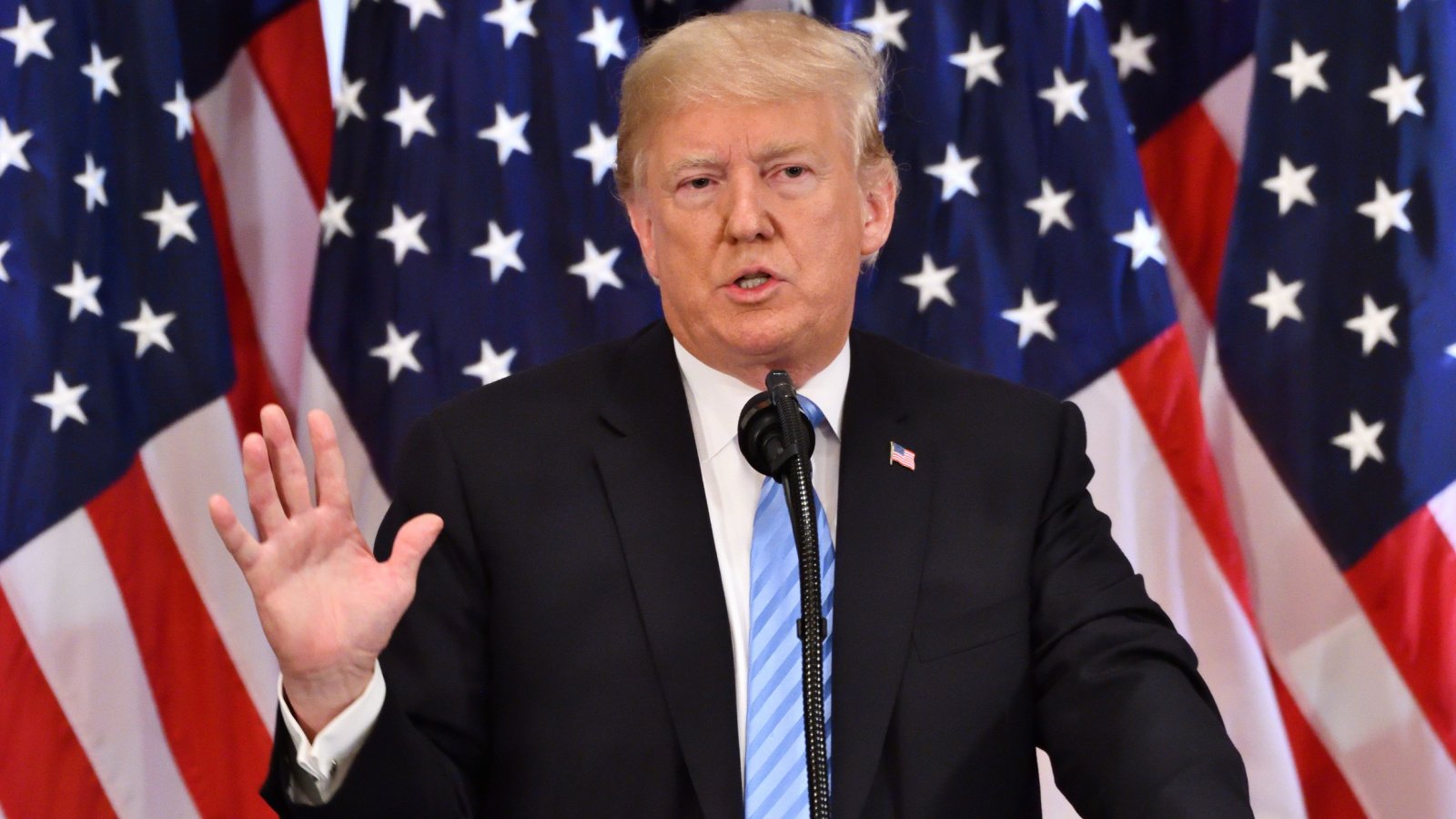
Shafer’s attorney, Craig Gillen, contested the portrayal of Shafer’s actions as impersonation, arguing that the activities were legitimate under the circumstances of the electoral challenge. Gillen’s defense underscores a broader debate on the legality of the defendants’ actions during the electoral process.
Indictment Language Contested
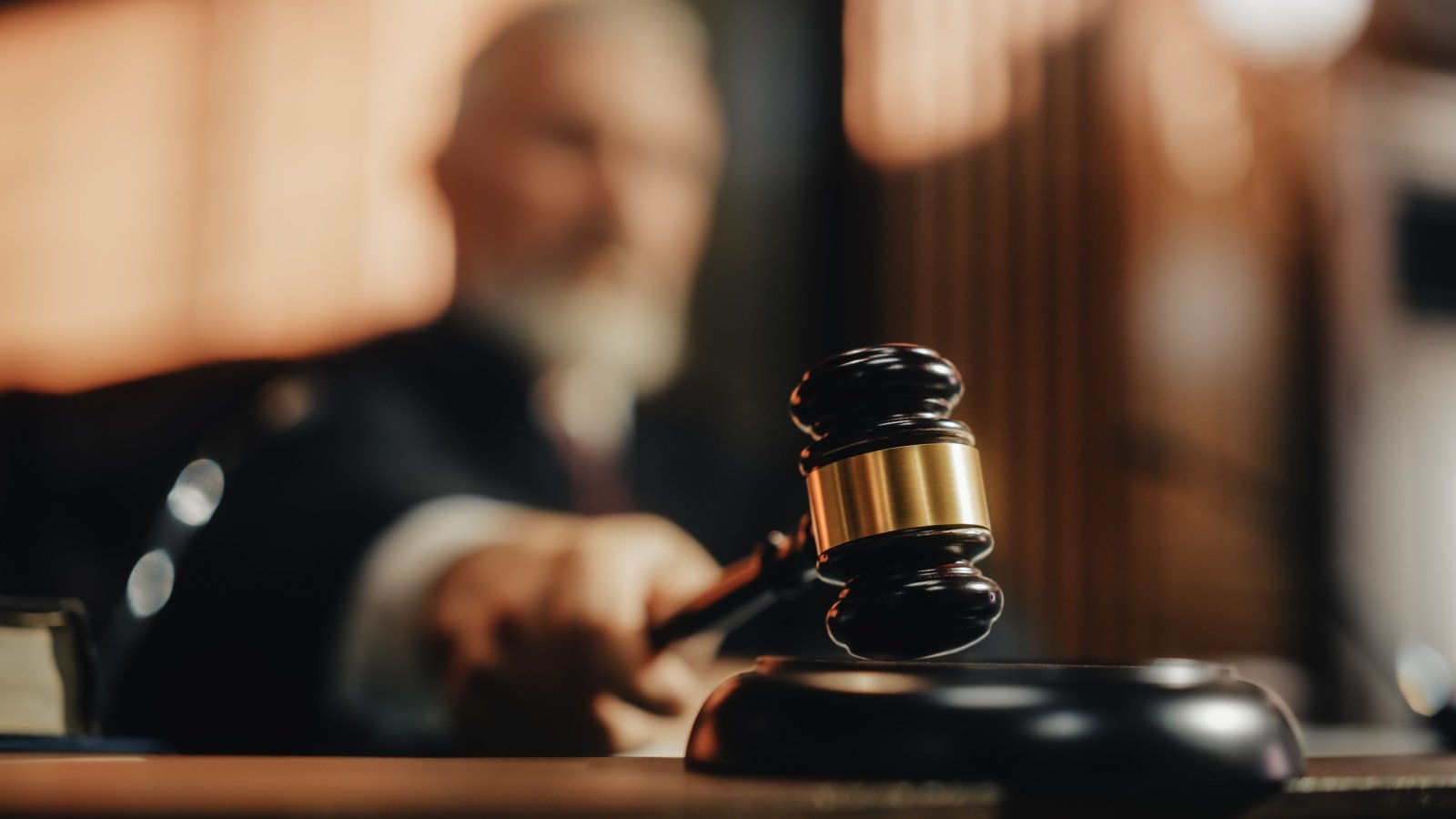
Gillen has also requested the court to strike certain phrases from the indictment, arguing they prejudicially assert the validity of one slate of electors over another. This request points to the contentious nature of the legal interpretations at play in the trial.
Prosecution’s Stance on Indictment Language
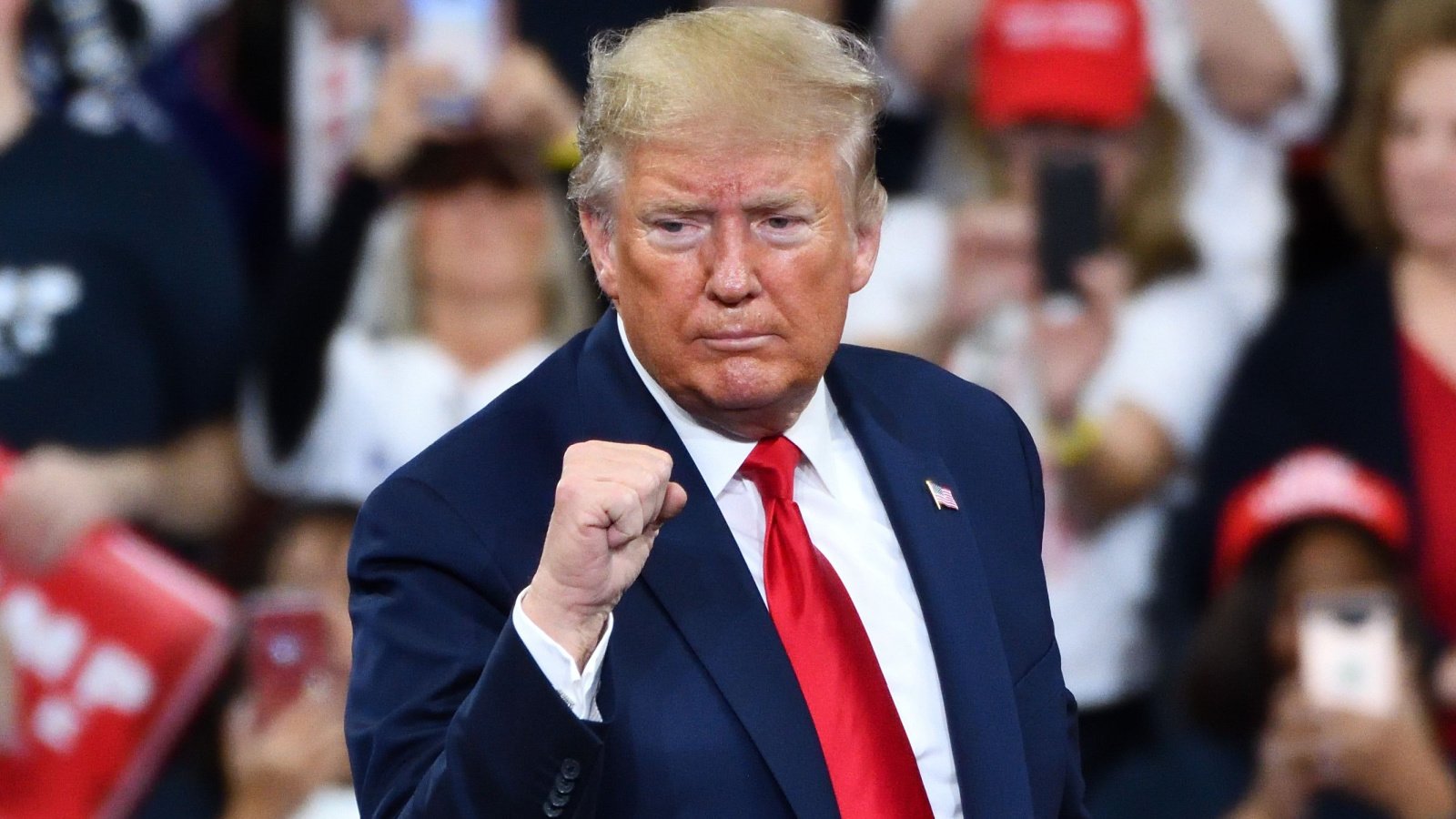
Opposing Gillen’s request, prosecutor Will Wooten defended the indictment’s wording, asserting that it accurately reflects the legal conclusions drawn from the alleged actions of Trump and his co-defendants.
Background of the Case
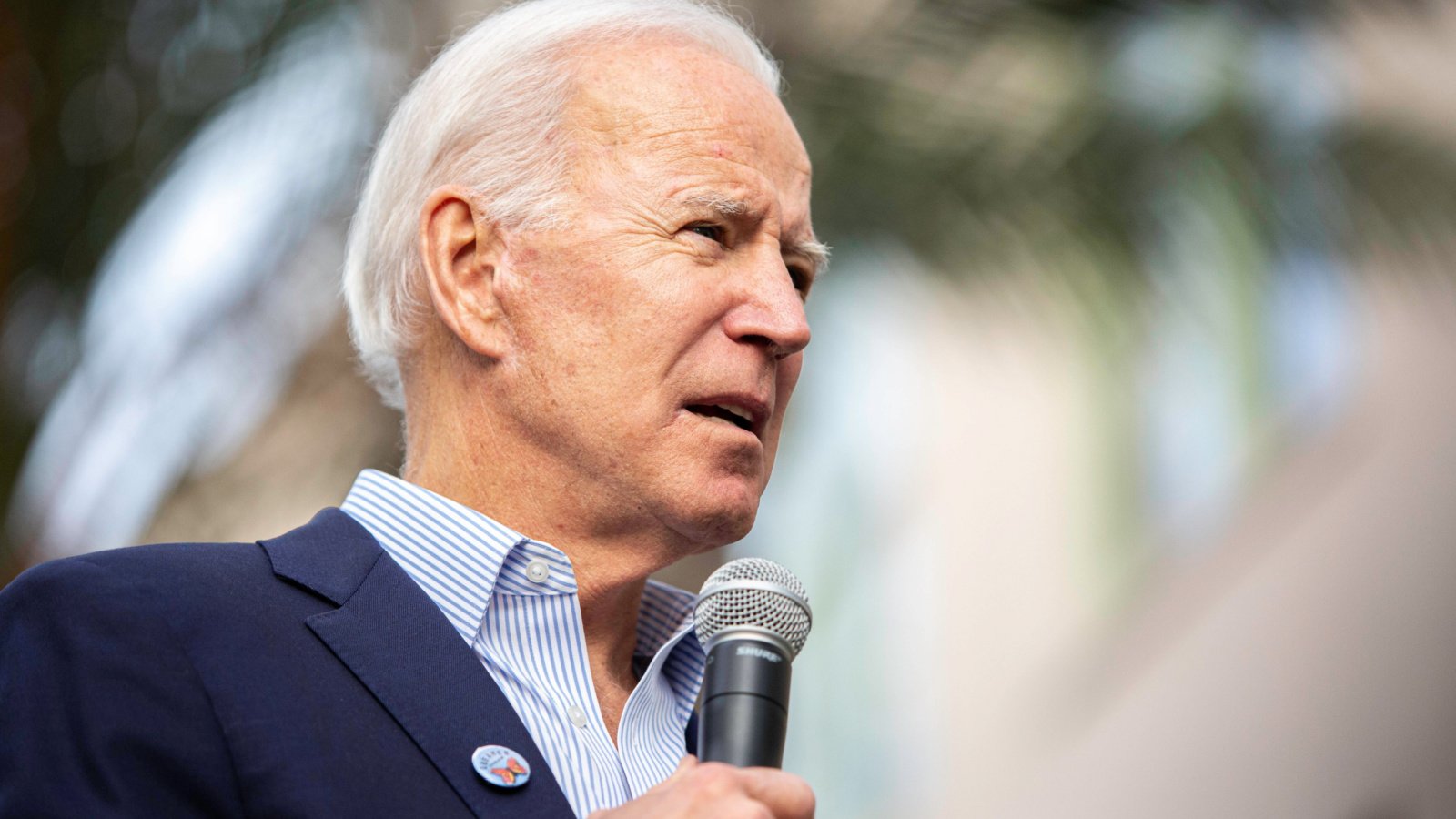
This case is set against a backdrop of intense scrutiny and political turmoil following the 2020 presidential election. Trump and his associates are accused of attempting to subvert the election results in Georgia, a state narrowly won by Joe Biden.
Plea Status and Trial Preparations
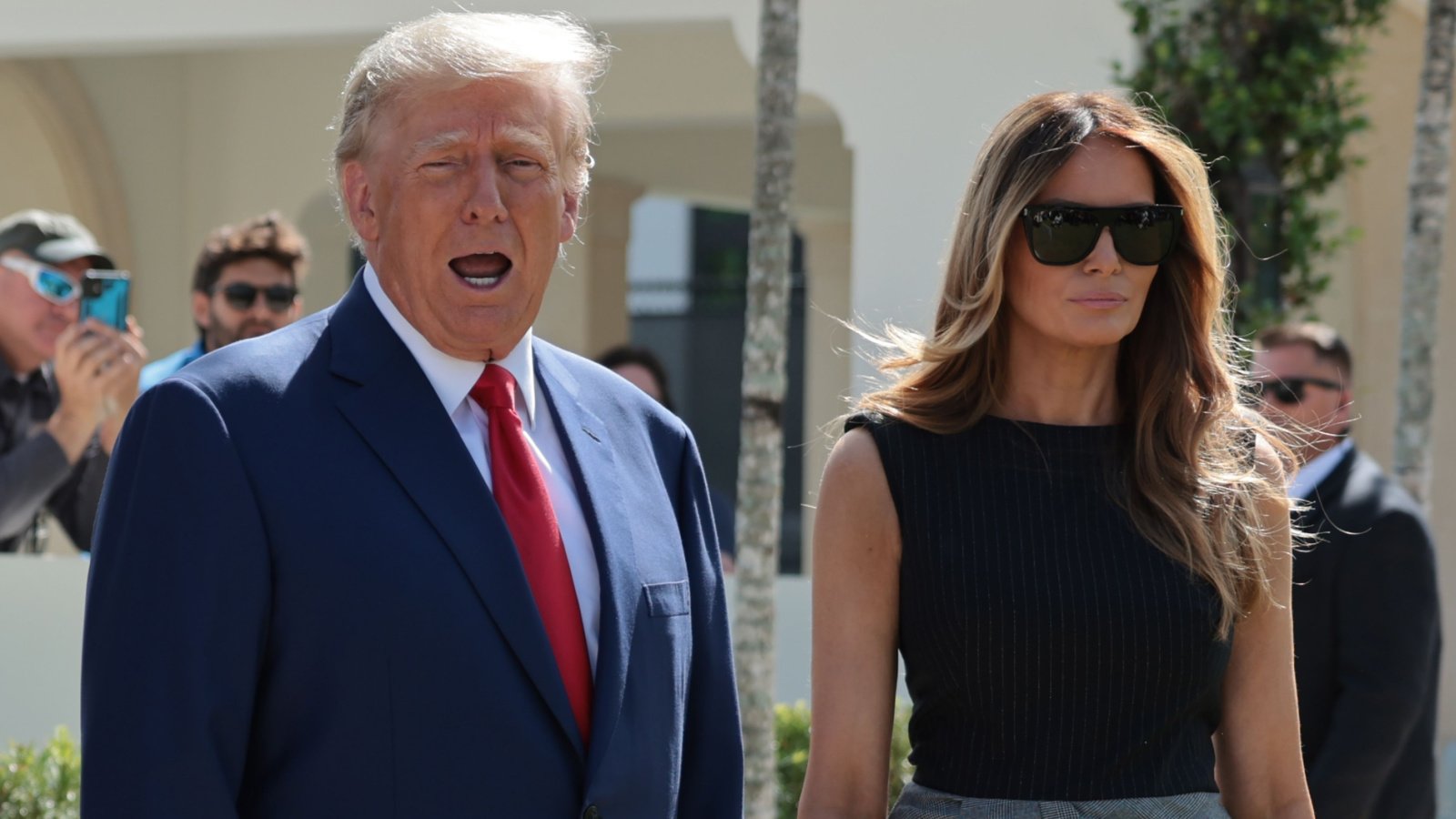
To date, four individuals implicated in the case have entered guilty pleas, while Trump and the remaining defendants have pleaded not guilty. With no trial date yet fixed, the prosecution has suggested an August start, indicating the legal proceedings’ complexity and anticipated duration.
Allegations Against District Attorney Willis
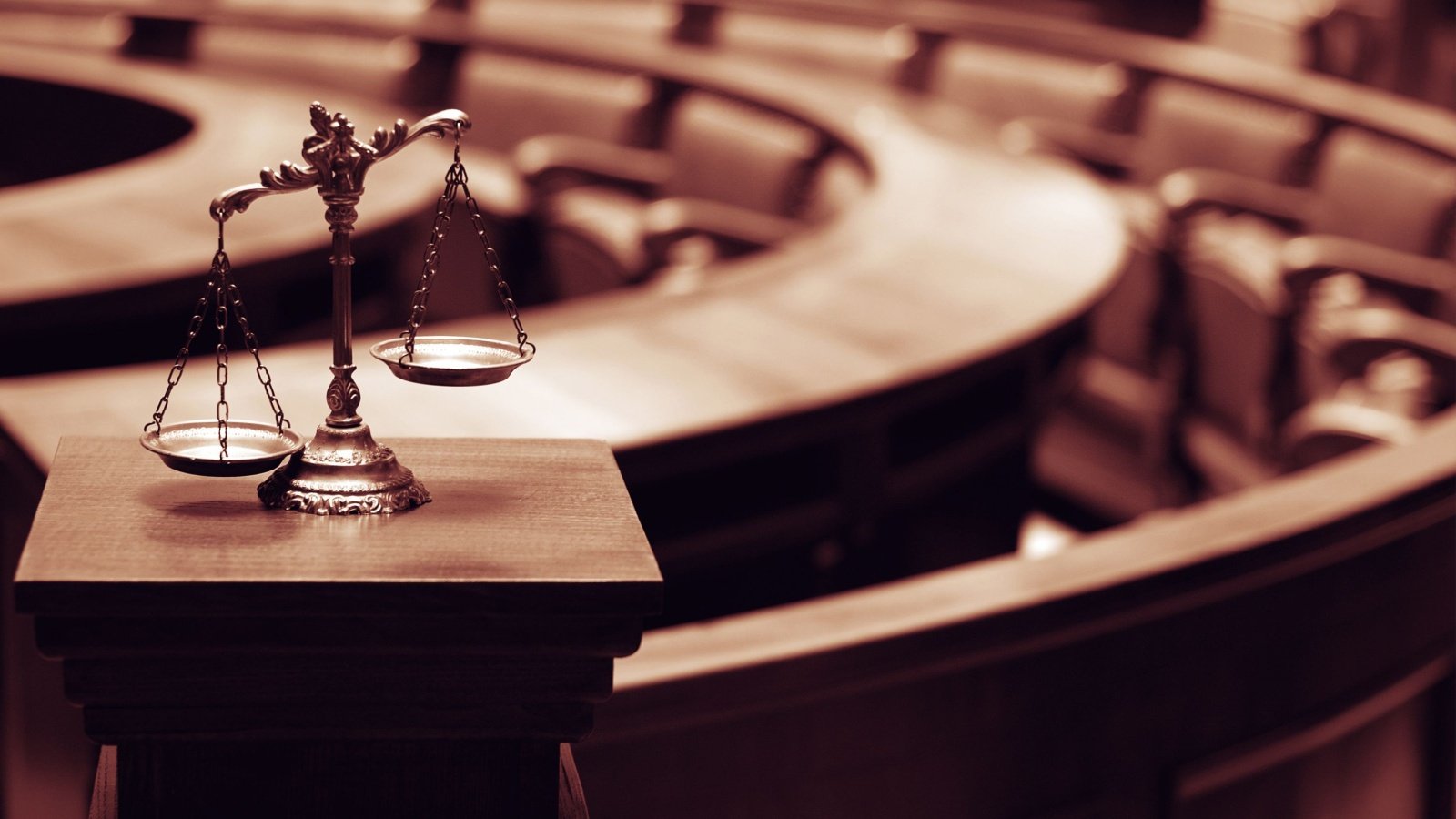
The case has also been marred by allegations against District Attorney Fani Willis, concerning her conduct and alleged improper relationships. These claims were examined in detail but ultimately did not lead to Willis’s removal from the case, allowing the legal process to continue.
Ongoing Legal Proceedings

As the case progresses, the defense and prosecution continue to prepare for a contentious trial that will test the limits of political speech and legal accountability in the context of election interference. The arguments put forth in the pretrial hearings lay the groundwork for a legal battle that will closely examine the intersection of free speech and criminal conduct in the political arena.



